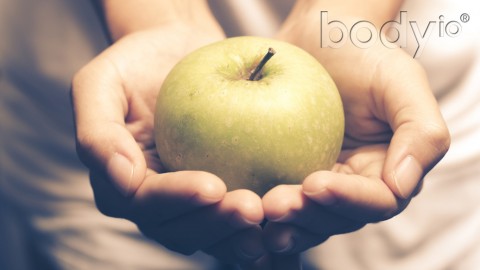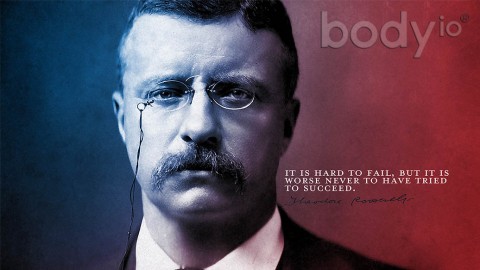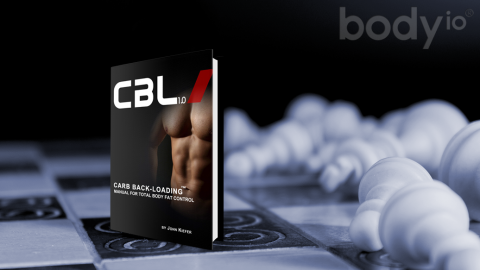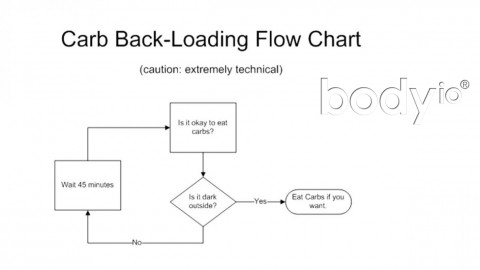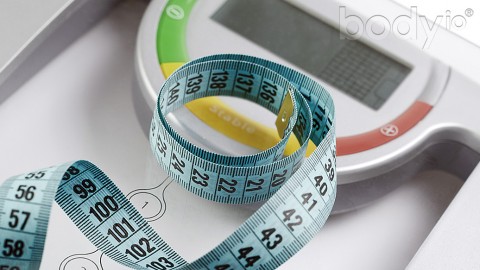ave you ever been lured into a sport in the hope of a miraculous physique transformation? After all, who wouldn’t want a surfer’s body or a cyclist’s quads? Are you toying with the idea of taking on a new sport this summer?
You’re well aware of the benefits of sports and physical activity. But are you aware of the potential negative consequences that go hand in hand with embracing the athletic lifestyle that you’ve been daydreaming about?
The only reasons you should participate in a sport are because you have a passion for it and it significantly improves your quality of life. People who are driven by the idea that one’s health, happiness, fitness and physique are a direct reflection of how much calorie-burning activity they can cram into their hectic schedule might be blindsided by the potential negative outcome of sports.
If you want sports to be a positive addition to your life, you have to be aware of the common mistakes recreational athletes make:
1. Most recreational athletes overlook the importance of physical preparedness, recovery and nutrition.
2. Recreational sports can create unnecessary stress for you and your loved ones.
3. If you are struggling to improve your body composition, sports are likely not the answer; in fact, they might be to blame.
For the majority of my adult life I was involved in snowboarding, backcountry snowmobiling, motocross, and mountain biking. Some might classify these as extreme sports. However, a sport does not have to be extreme to have extreme negative consequences.
Like most of you, I was not a professional athlete. Professional athletes get paid to train, practice and compete. I had a full time job and ran a small business on the side to fund my athletic habits.
Like most Type A recreational athletes, I dedicated all my spare time to practicing. After a full day at work, I would ride my dirt bike for several hours, wash it, do maintenance, inhale whatever food was in the fridge, shower and go to bed. There was no time left for the things that make or break any athlete– sound nutrition, resistance training, recovery, physical therapy, and focusing on healthy relationships with your loved ones.
The Perfect Storm
Sports involve a lot of repetitive movements. It doesn’t take long before you will start to experience muscle imbalances and poor body mechanics. Most recreational athletes don’t have a coach, physical trainer or the knowledge to train for injury prevention or performance. Their efforts are focused on breaking themselves down, not building themselves up.
Combine a lack of physical preparedness with “weather pressure” – the pressure to practice when the weather is favorable, despite what your body is telling you – and you have the perfect storm for injury. I’m no stranger to an under-recovered, injured body. I ignored my body so I could practice while Mother Nature was cooperating. Recovery– or simply taking time to call my mom to say “Hi,”– would have to wait until the track was closed due to bad weather, or when I was injured. Notice that I said “when”, not “if”.
A Selfish Adrenalin Junkie
In my extreme sport heyday, my then-fiancé participated in snowboarding, snowmobiling and motocross with me . Sadly, the sports that brought us together probably drove us apart in the end. We both had our fair share of injuries. I’m not sure which is worse – being injured, or having to take care of someone who is injured. Pain medications alter personalities, and can increase risk for addiction. Frustration brings out the worst in people. Patience wears thin. Medical bills and time missed from work deplete your rainy-day fund. Sports injuries can be life-altering, for you and the people you love.
Physical injury isn’t the only source of negative impact on life. Stress also comes from the potential for a “when” not “if” injury. I tried my best not to dwell on the risks I was taking, but subconsciously the “what if” is ever-present. I learned to cope with and rationalize my risks. All athletes do. But when I was out chasing my adrenaline rush, my loved ones were at home, fearing the worst. And sometimes the worst, or close to it, happened.
Going Broke? Sports Cost Time and Money
Sports are time-consuming and expensive. How expensive varies, and there is usually an unexpected cost. It takes a lot of time and money to learn, practice, travel, buy supplies, fuel, clothing, admission fees, membership fees– you get the picture. If you choose a sport that requires a big investment, make a budget and stick to it. Don’t let your hobbies put you in debt. That’s just plain stupid.
Travelling to participate in weekend events further complicates the situation. When weekends are dedicated to sports travel, everything else gets put on hold -housework, laundry, groceries, spending time with family/friends. Perhaps you can convince your family to come and spectate so you don’t feel like you’re neglecting them. Now you can all be on the hamster wheel together!
Play Can Easily Become Work
If you’re anything like me, then you jump at the opportunity to get involved with your sporting community on the organizational level. If you choose to get involved in organizations or governing bodies then you’d better have a thick skin. The people who were once your “riding buddies” are now bombarding you daily with teenage girl-like gossip. The drama quickly starts to suffocate your passion for the sport.
In a desperate attempt to reignite your passion, you decide to start competing at the amateur level. But for some, the pressure of competing can rob them of the enthusiasm that landed them there in the first place. Competition pressure can also push you beyond your skill level and heighten the chance of injury. As Body IO coach Tony Sangimino wrote in this article: “Pieces of the Performance Puzzle”, “Training, for a lot of people, is an escape; competition, for a lot of people, is a prison.”
Competing is not for everyone. If you choose to compete, do it solely because you enjoy it. There is nothing wrong with doing something purely for pleasure at your own leisure.
You Want a Body Like Your Favorite Athlete
You may think that your favorite athlete attained his/her physique as a result of sport. I would argue that a combination of genetics and lifestyle actually allowed them to excel at their sport in the first place. Mimicking an athlete in the hope of looking like them is only going to lead to disappointment.
If sports were the answer to my struggle with body composition then I should have looked like a fitness model. But the opposite was true. Inadequate nutrition, insufficient recovery, chronically elevated cortisol and adrenalin increased oxidative stress and inflammation left me overweight, miserable and mushy. My health was getting worse, not better.
Finding Balance
Don’t get me wrong. I love sports. I still do them, but with a completely different mindset. Mountain biking will make you a better mountain biker. Snowboarding will make you a better snowboarder. Being present for your family will make you a better wife/mom/son/daughter etc. And if all you really want is an awesome physique, then focus on your diet and resistance training.
If playing a sport is negatively impacting other parts of your life, you may want to reevaluate. It wasn’t until I finally learned how to create balance in my life that sports actually improved the quality of my life, as they should.







